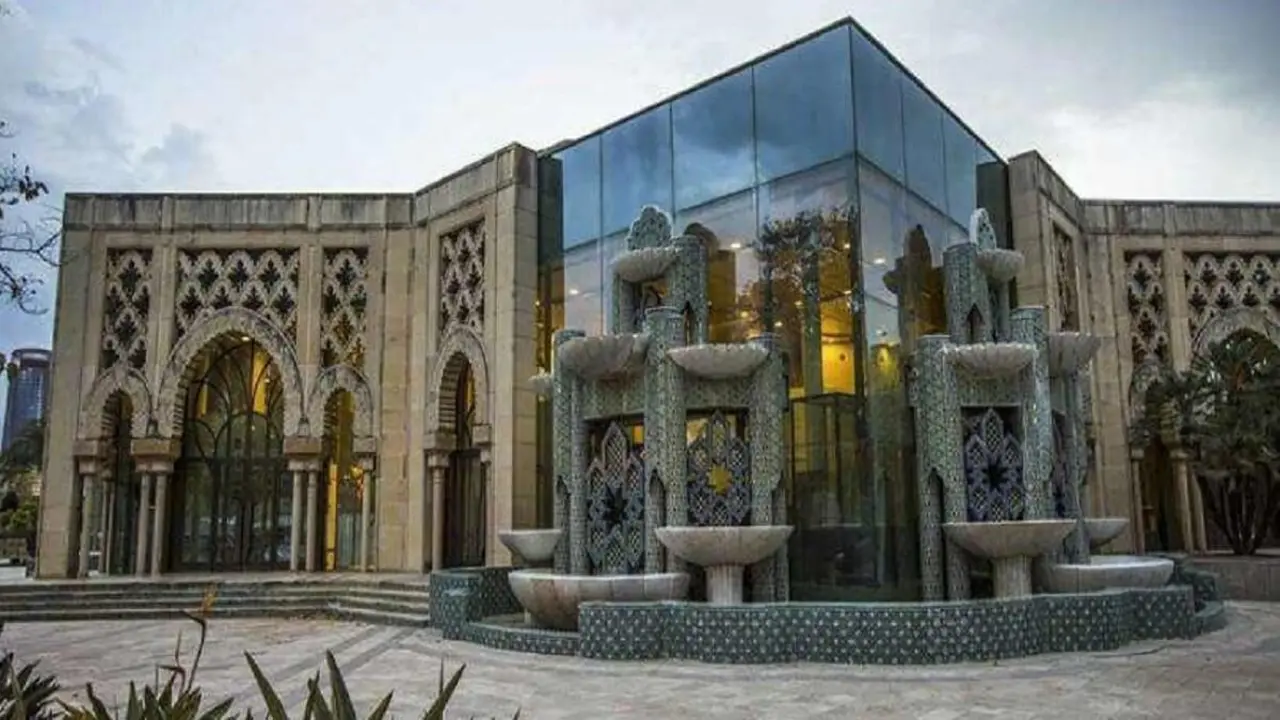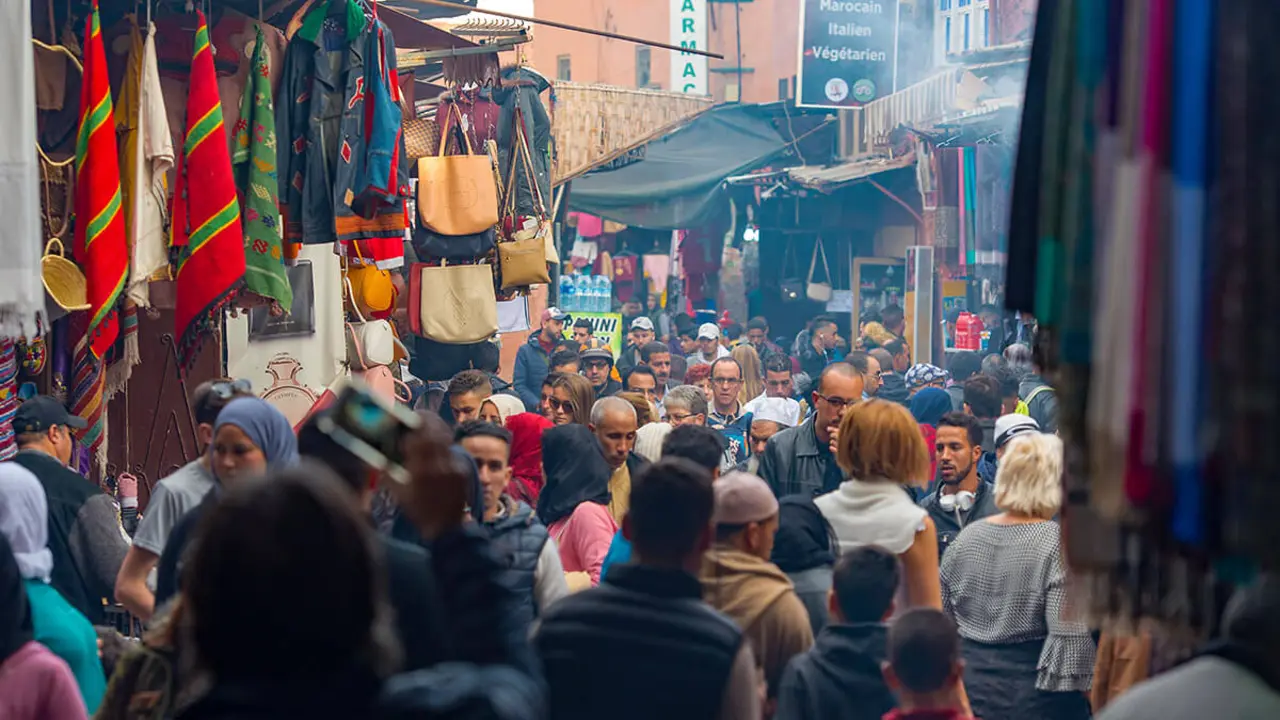Israel hosts a large delegation of Moroccan journalists
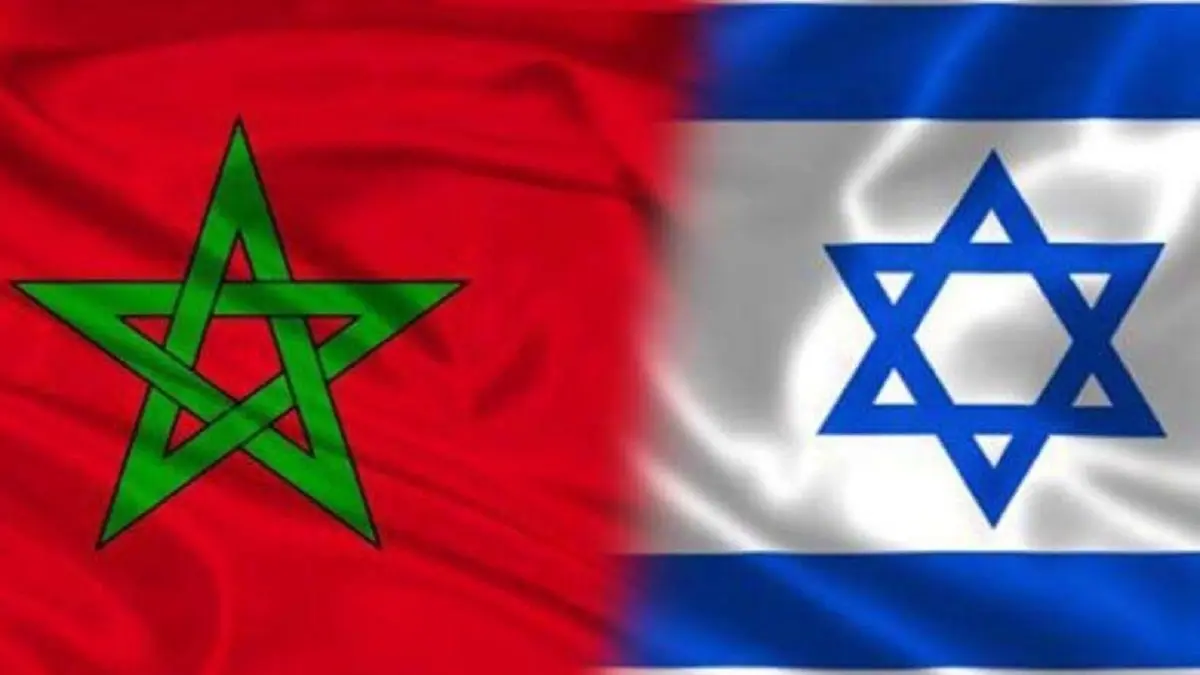
Israel has developed a journalistic programme with Morocco that runs through this week. The aim of the project is to improve relations between the two countries and support the Abraham Accords.
During this week, a large delegation of journalists representing several Moroccan media outlets will be staying in Tel Aviv. According to Maghreb Intelligence sources, the reporters arrived in the city on Saturday evening on a Royal Air Maroc commercial flight.

Among the activities planned for the programme, there will be several meetings with Israeli officials, as well as with representatives of Israeli high-tech companies interested in investing in Morocco.
The project was the brainchild of the deputy head of the Israeli Mission in Morocco, Eyal David, who arranged for the travel and accommodation expenses of the journalists to be subsidised by the Israeli Ministry of Foreign Affairs.
Moreover, as L'Orient-Le Jour reports, in this process of diplomatic normalisation in the wake of the Abraham Accords, Morocco and Israel have devoted themselves to accelerating their cooperation, mainly military, security, trade and tourism. Since the end of May, three Israeli ministers, as well as the Speaker of Parliament, the National Security Advisor and soldiers from an elite infantry unit have visited Morocco.
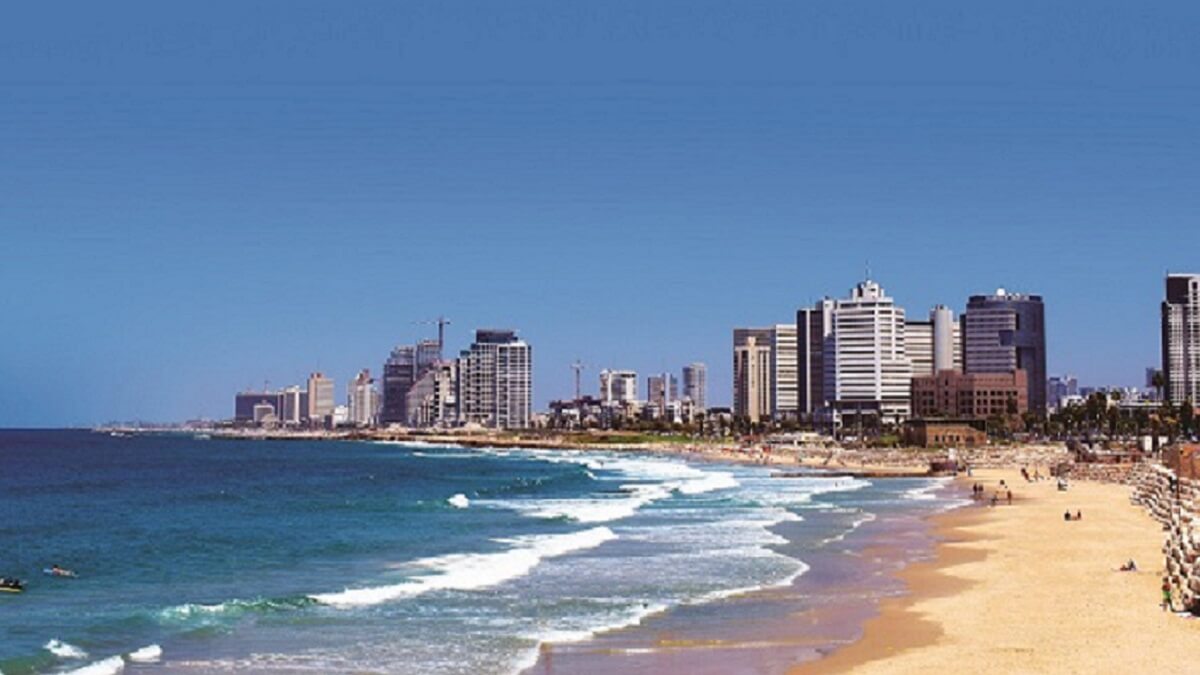
But this all-out rapprochement is not unanimous in Morocco, especially since ultra-nationalist and anti-Arab currents have come to power in Israel. Militant mobilisation has weakened and the Palestinian cause continues to arouse immense sympathy among the Moroccan population.
The Abraham Accords
The signing of the Abraham Accords marked the beginning of a transformation in relations between Israel and various Arab nations around the world. With strong bipartisan support from the United States, over the course of four months between August and December 2020, four countries followed the bold leadership of Egypt and Jordan and began the diplomatic process of normalising bilateral ties with Israel. In signing these agreements, the United States, the United Arab Emirates, Bahrain and Israel, followed shortly thereafter by Kosovo, Sudan and Morocco, signalled a new era of peace and prosperity with unlimited economic opportunities.
As the Abraham Accords Peace Institute points out, the agreements provide a path to the end of the Arab-Israeli conflict and a future of peace, tolerance and opportunity in the Middle East and around the world.
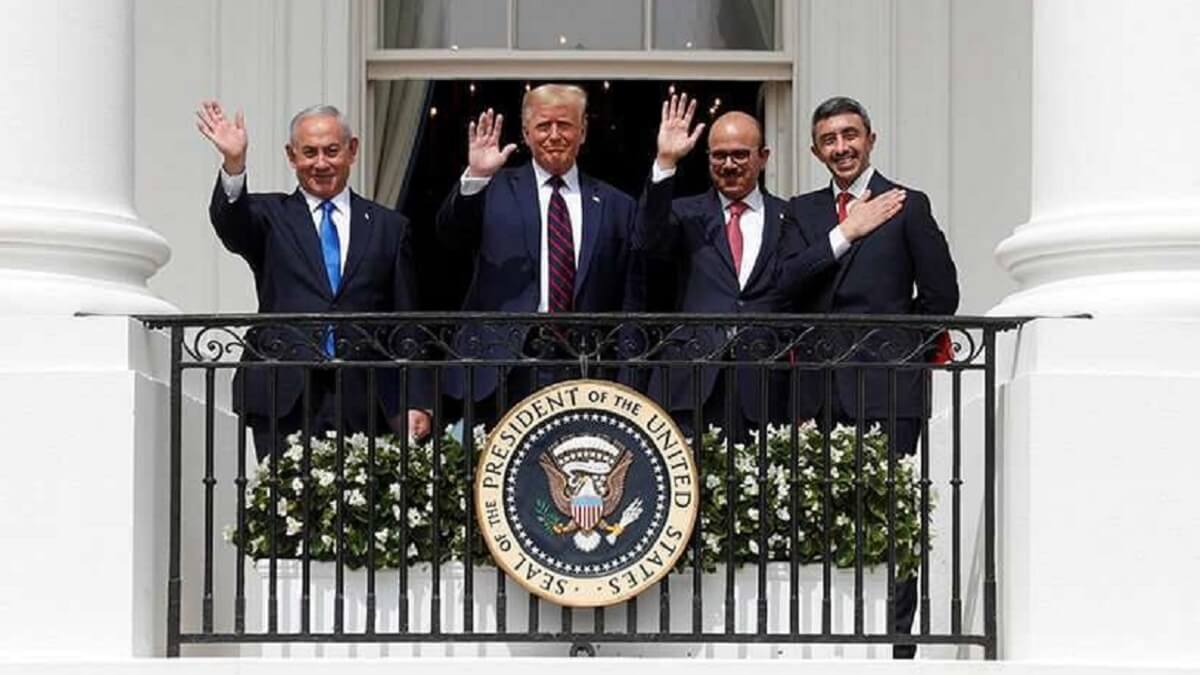
They also represent a new regional chapter with a shared vision of economic prosperity. As trade ties grow, so will the strength of ties between the countries. The agreements could create 4 million jobs and $1 trillion of new economic activity over the next decade and, in the short term, help the region recover from the global pandemic.
The Abraham Accords serve as a basis for a Middle East peace process by demonstrating the tangible benefits of people-to-people ties, trade and mutual cooperation. This effort seizes the historic opportunity to unlock the potential of the Middle East, maintain US security, and help the region turn the page from a generation of conflict and instability to a new era of multilateral cooperation.







